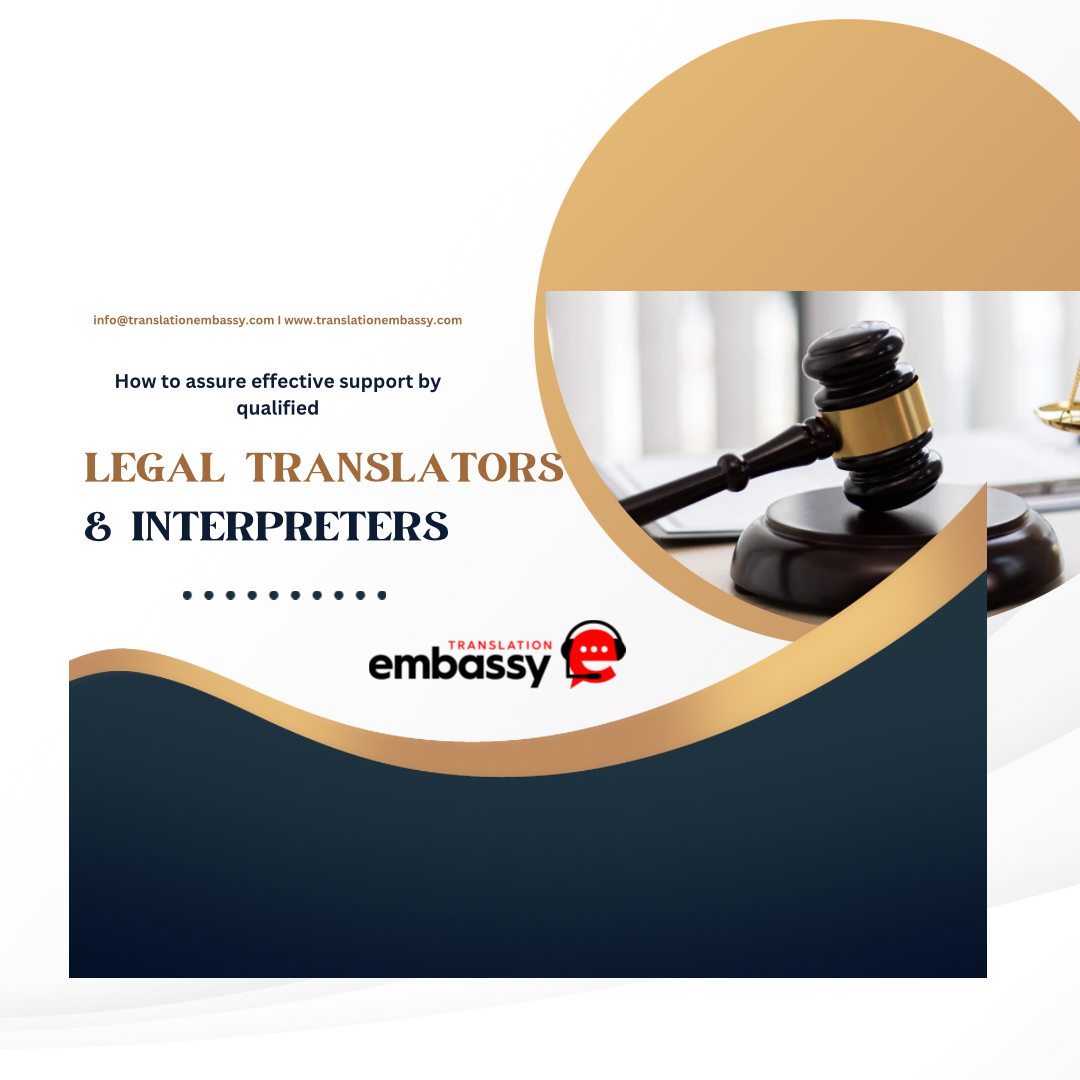Are you a lawyer working with international clients? Do you need interpreting services to handle your clients’ affairs but you feel insecure about the ability of the interpreters to manage complicated topics and deliver utmost quality, as required by critical legal matters?
It’s a common phenomenon for legal practitioners to doubt about the efficacy of our services, but don’t worry. We know how to dispel your doubts and make you feel secure. The reason why our team is usually preferred by legal experts is because we like going the extra mile to consult them about how things should be done and what steps need to be taken on their end in order to ensure accurate interpreting services of premium quality with confidence in every case.
In this newsletter, we’ll share some of our tips to help you do a proper management next time you work with an interpreter.
The impact of preparation on service quality: the dimension of time
I am going to ask you a question and I’d like you to be honest. When you convene a meeting with your clients, do you usually think of what you are going to tell them beforehand or do you improvise once you see them at your door? When you represent somebody before the court, do you make any research beforehand or do you simply appear there and sort everything out in the courtroom?
If you aim at a sustainable career, I guess you wouldn’t risk losing your client’s trust by going unprepared to your meetings. Well, believe it or not, preparation is a key element of the interpreter’s performance as well.
Interpretation is delivered in real time. If we work in simultaneous mode, the message is interpreted at the same time as the speaker talks. If we work in consecutive mode, this means practically that we need to listen very carefully while the speaker says something and start talking as soon as they stop. In either way there is no time for on-the-spot research while we are on duty. If we need to check an unknown term, if we want to clarify something, it is impossible to do it right there. Any research and clarifications need to take place in advance.
Preparing ourselves in advance for a meeting is definitely our duty and you would rightfully expect us to do so. However, how realistic can this expectation be, if you don’t take precautions to notify and brief the interpreter on time?
Last week I was called out of the blue to interpret at a legal meeting which would start 10 minutes later. Two weeks ago, I was requested by the local court to interpret at a trial that would start 3 hours later. These are not simple everyday conversations. These are cases with serious legal implications. As a professional I have a routine with pre-scheduled tasks that need to be taken care of daily. How would it be possible to safely accommodate such critical last-moment assignments and sufficiently prepare myself? Apparently I declined the tasks, as I don’t want to put the client at risk nor jeopardize my own reputation by showing up unprepared.
I understand that several issues are likely to come up as emergencies in the legal world. But was it really impossible to inform at least one day before or did you neglect to do so?
Therefore, next time you worry about the efficacy of your interpreter’s performance think about preparation as well and be diligent to arrange the assignment on time and allow for a proper preparation to be done. Bear in mind that an interpretation or a translation is not a product we have in stock. We shape its content from scratch every time we execute an assignment and this requires an adequate amount of effort and time.
I often use to tell my clients that a good interpretation is a result of teamwork, in which your contribution is also required in order to do things properly. In our next articles we’ll analyze more examples, in which your contribution as a client can make a difference for the quality of the result.
About the author:
Maria Xanthopoulou is a trained translator and interpreter with an academic background in law as well. She is the manager of Translation Embassy, an agency specialising in supporting legal professionals with linguistic services. Her team consists of top-notch, experienced translators and interpreters who specialize in the legal domain.
We can support you and your clients by offering:
- Court interpreting
- Liaison interpreting for notaries public
- Onsite and online interpreting for official meetings with lawyers
- Translation of specialised legal documents
- Official translations for submission in Greek public authorities
- In-person or remote interpreting for legal conferences, training seminars or other events
Sounds interesting? Then let’s get in touch and discuss how we can work together.
Email: info@translationembassy.com


